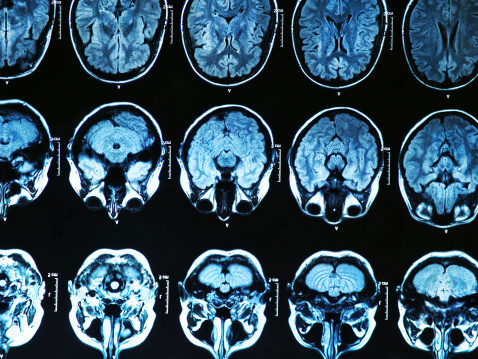Exeter, United Kingdom—A recent study published in Neurology suggests that there may be a correlation between vitamin D deficiency and risk of developing Alzheimer’s disease and other forms of dementia.
This study is the largest to date tackling the relationship between vitamin D and Alzheimer’s. Researchers used data from over 1,600 mentally healthy men and women over the age of 65 who participated in the U.S. Cardiovascular Health Study between 1992-93 and 1999. In this study, blood levels of subjects were collected at the beginning, and mental status was assessed roughly six years later. Blood levels of vitamin D in the participants generally reflected the amount obtained from food, supplements, and sunlight.
The study’s results showed that after the follow up, those with low levels of vitamin D were about 1.7 times more likely to develop some form of dementia, and those with severely low levels were 2.2 times more likely. Study leader David J. Llewellyn, Ph.D., senior research fellow in clinical epidemiology at the University of Exeter, United Kingdom, noted that these results are similar to that of other, smaller studies on the subject, but the size of this study makes its findings particularly important.
At the moment, the applications of this results are uncertain. While the results show that risk for dementia and Alzheimer's significantly increased below a threshold of 50 nanomoles per liter , the relationship between vitamin D levels and dementia is still unknown. Llewellyn states that while the link has yet to be determined, the study “gives us valuable clues as to the kind of trials we should be doing next, and who we should be treating and with how much vitamin D." While it is too early to suggest supplementation of vitamin D for seniors, he recommends for them to “eat a brain healthy diet,” by which he means foods low in fat and cholesterol. He also recommends regular physical activity and maintaining blood pressure.
Published in WholeFoods Magazine, October 2014











